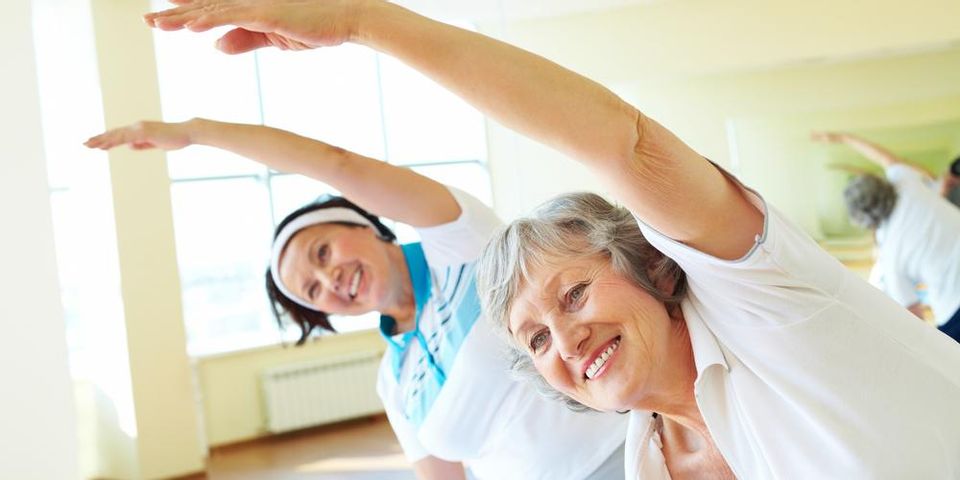3 Ways to Stay Active With Parkinson’s Disease

Parkinson’s disease can have debilitating side effects, but it’s essential to stay active. Exercise, even if it’s just adding an extra walk to your day, plays a positive role in slowing disease progression and reducing side effects. The volunteers at Connecticut Advocates for Parkinson’s, serving all of Connecticut, share a few tips to get you started. By sticking to a program, you’ll improve your life physically and get a confidence boost controlling the disease.
3 Tips for Staying Active With Parkinson’s Disease
1. Create an Activity Space
If you’re living with Parkinson’s, you may already have made some modifications to the home. One way to keep active is to make a dedicated exercise area. Clear some floor space, lay down a yoga mat, and add some resistance bands and light weights. You can also place light weights and equipment around certain spots, like a TV area, to remind you to do some light exercise.
2. Get Creative
 Regular exercise can be monotonous. Many people abandon programs because they lack excitement. Get creative and try something new. You can explore dancing, water aerobics, adult gymnastics, yoga, specialized exercise for Parkinson’s (ask your neurologist or call CAP at 860-266-6040), or even hiking. These are challenging, healthy activities that will keep you engaged over time – but the key is to GET OUT AND DO IT.
Regular exercise can be monotonous. Many people abandon programs because they lack excitement. Get creative and try something new. You can explore dancing, water aerobics, adult gymnastics, yoga, specialized exercise for Parkinson’s (ask your neurologist or call CAP at 860-266-6040), or even hiking. These are challenging, healthy activities that will keep you engaged over time – but the key is to GET OUT AND DO IT.
3. Focus on Yourself
Parkinson’s disease can slow things down. You may not be able to walk as fast or run, and you may need mobility assistance. Remember that you aren’t trying to meet other people’s goals or expectations. Tune out any distractions and focus on your personal goals. You may not meet them right away, but every moment you’re active is a positive step toward disease and health management.
For more advice on staying active and living with Parkinson’s disease, turn to the volunteers at Connecticut Advocates for Parkinson’s. They’re committed to ensuring people living with the condition and their families have all the resources they need. They are happy to connect you with clinical trials, support groups, and many other resources. Call (860) 266-6040 to speak with a volunteer and visit their website to learn more about how you can get involved in their organization.
About the Business
Have a question? Ask the experts!
Send your question

